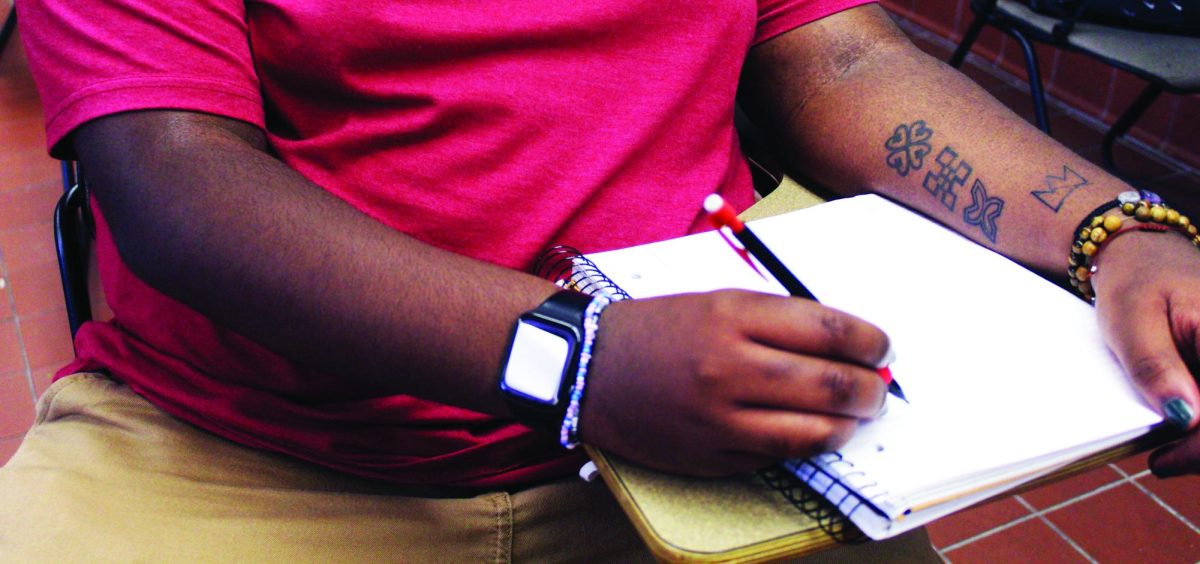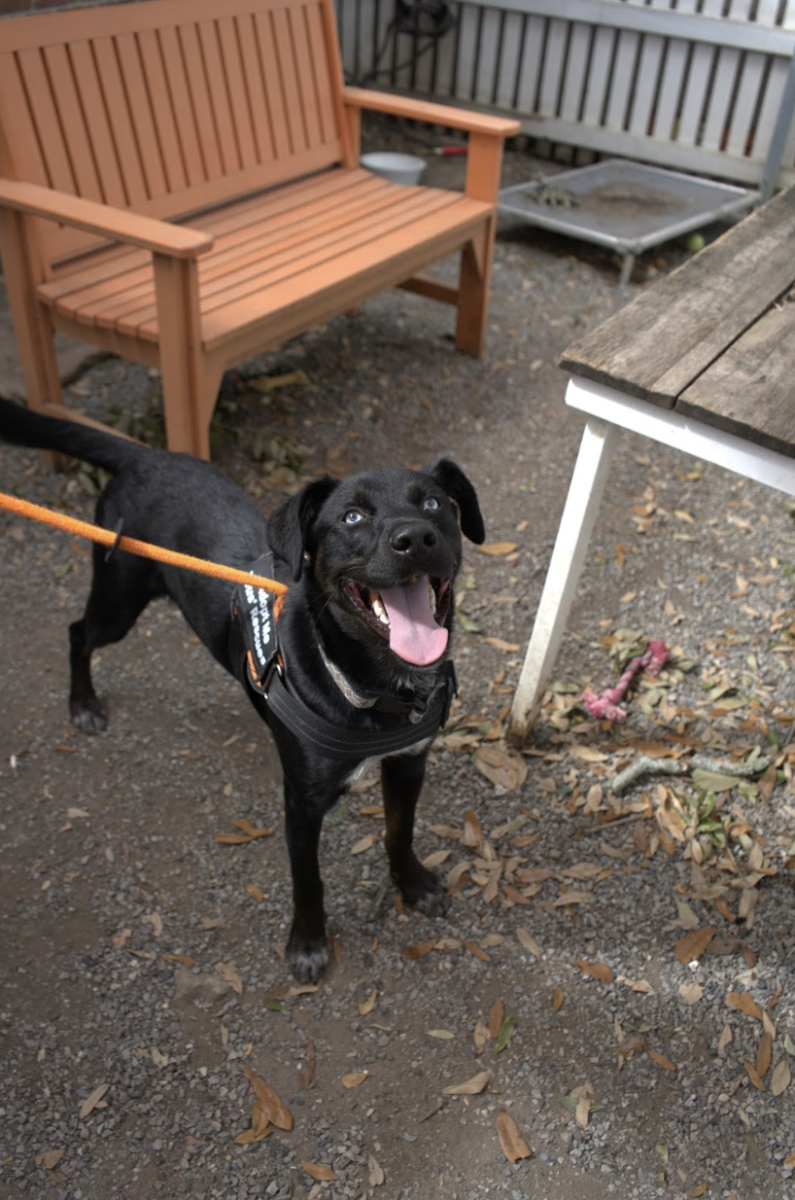When I walk into class for the first time, my eyes are instantly searching the room for left-handed desks. I get embarrassed when I have to move things around because inevitably, the one left handed desk is shoved all the way in the back. Most times, I do not move desks because either it’s too much trouble, or there isn’t a left-handed desk at all.
I like left-handed desks because I physically write my notes and as a lefty, it provides a little perch to rest your elbow on as you write. I also enjoy the extra space I get with a left-handed desk. Even at smaller class tables, I find myself bumping elbows with the right-handed person next to me and feeling like I take up too much space.
Left-handed people have a long history of being considered evil or weird (which I am sure a few have been). We are those whose parents tried to force them to be right-handed before we could even write. Even though we (hopefully) no longer consider left-handed people as dishonest or stupid, the academic world still conforms to right-handedness.
While this may seem like a silly complaint, and in some ways as a left-handed person who loves to complain, I agree, but the lack of left-handed desks shows that accessibility is not always obvious or something we think about.
Accessibility on campus is an ongoing discussion because there are many ways that Loyola continues to fall short. Students pay thousands of dollars to be here only to have a campus that does the bare minimum (in accordance to the Americans with Disabilities Act). Those who are physically disabled find campus hard to navigate in a timely manner. Other disabled students find their course load and class policies uninviting or unaccepting. Not to mention the growing number of mentally ill students who are too scared to ask for what they need. It can be embarrassing or hard to ask for support or help when there are no rules or guidelines acknowledging your reality. Often, students end up suffering in silence.
It is easy to look away and ignore these issues or to believe the bare minimum is enough even when it isn’t when we ourselves are not experiencing these struggles. We cannot assume we immediately know how to meet the needs and comfort of others, but that does not mean we should not try. It does not mean we should not listen and help where we can.
At some point, someone thought about making left-handed desks or switching to tables, and they’re available on our campus, but it is the duty of the university to ensure that they are in every classroom. It is also the duty of the university to not only listen and react to student complaints but to actively seek their commentary, something I rarely see Loyola do.
So while I search my classrooms for a left-handed desk, there are people who need much more than me, and while I can’t claim to know their struggle, I hope they know that they are seen.




















Sam • Mar 19, 2024 at 3:04 pm
real